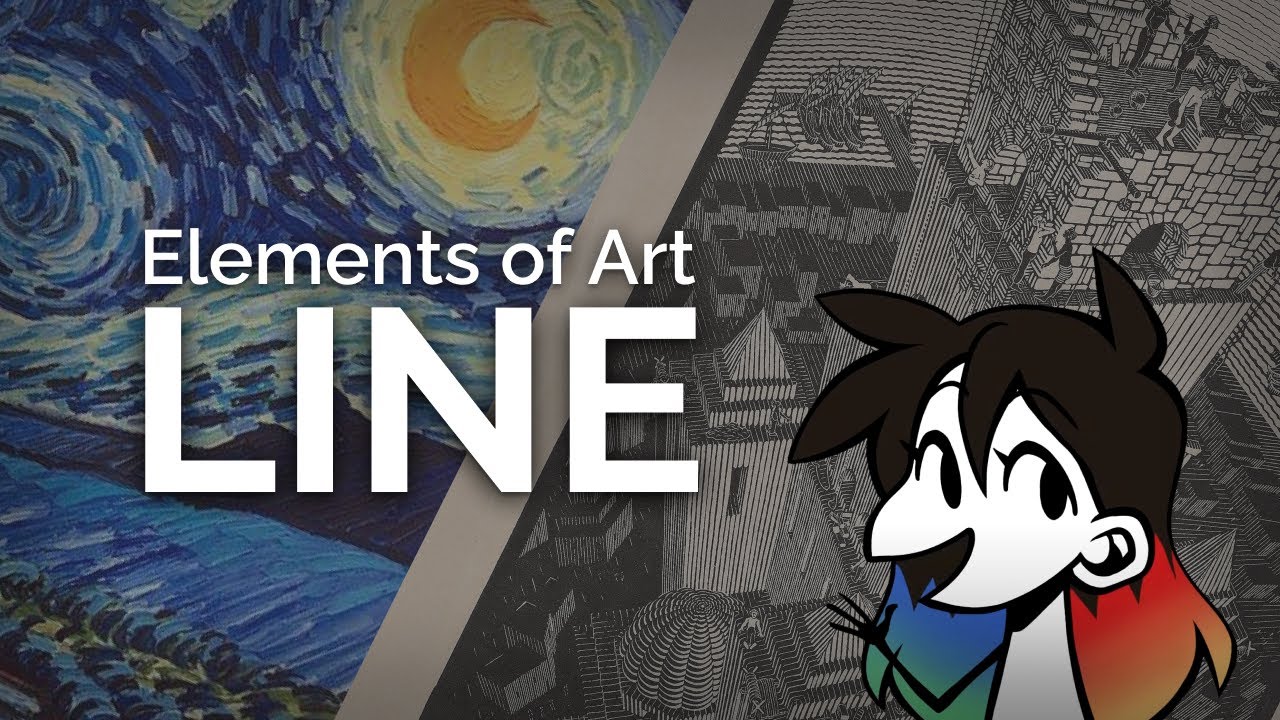How To Never Be Boring In Conversation
Summary
TLDRIn this insightful video, Ranir Kapoor discusses the art of conversation, highlighting the importance of punch line timing and likable interruptions. He emphasizes that good conversationalists balance speaking with listening, using active paraphrasing and open-ended questions to engage others. Kapoor also stresses the value of genuine interest in understanding the speaker, which naturally guides one's body language and vocal tone. The video debunks the myth that a good conversationalist must always have interesting things to say, instead advocating for attentive listening and the art of asking hypothetical questions to enrich dialogue.
Takeaways
- 😄 **Humor Timing**: Ranir Kapur demonstrates the importance of punch line timing, emphasizing that the reveal at the end of a joke makes it funny.
- 🗣️ **Interruptions**: Good interruptions can enhance conversations. Ranir shows how to interrupt without derailing the conversation, by asking clarifying questions.
- 🎭 **Active Listening**: The script highlights the art of balancing speaking with listening, suggesting that being a good conversationalist is more about listening than just speaking.
- 🔄 **Active Paraphrasing**: To improve listening skills, one can use active paraphrasing, which involves repeating what the other person has said in your own words.
- 🤔 **Open-Ended Questions**: Asking open-ended questions encourages storytelling and leads to more engaging conversations, as opposed to questions that can be answered with a simple 'yes' or 'no'.
- 🧐 **Hypothetical Questions**: Hypothetical questions can break the constraints of daily life and lead to deeper, more interesting discussions.
- 👂 **Listening Skills**: The script stresses the importance of genuinely listening to understand the other person, which will naturally reflect in your body language and vocal tone.
- 💡 **Conversational Balance**: A good conversation is not about having many interesting things to say, but about balancing speaking and listening effectively.
- 🌟 **Assumed Attention**: The script points out that celebrities like Ranir Kapur naturally draw attention, but for others, it's important to learn how to capture and maintain an audience's interest.
- 📚 **Learning from Examples**: The video suggests learning conversational skills by observing and emulating effective communicators like Shah Rukh Khan and Ranir Kapur.
Q & A
What is the first habit Ranir Kapur demonstrates in the script that can be learned from?
-The first habit Ranir Kapur demonstrates is the use of unexpected punchlines at the end of a sentence to create humor, as illustrated by his joke about 'breaking my heart and my bank'.
How does Ranir Kapur's interruption in conversation differ from a bad interruption?
-Ranir Kapur's interruptions do not derail the conversation. Instead of changing the subject or shifting focus, he uses interruptions to ask clarifying questions, which keeps the conversation on track and shows genuine interest in understanding the other person.
What is the key difference between a good and a bad interruption according to the script?
-A good interruption does not change the subject or shift the focus away from the speaker, while a bad interruption does. Good interruptions are often clarifying questions that aim to better understand the speaker.
Why is vocal tone important when interrupting someone in a conversation?
-Vocal tone is crucial as it reflects your intention. If you interrupt from a place of genuine understanding, your body language and vocal tone will convey that, making the interruption feel less rude.
What misconception about being a good conversationalist does the script address?
-The script clarifies that being a good conversationalist is not about having many interesting things to say, but rather about balancing speaking with listening effectively.
What is active paraphrasing and how does it improve listening skills?
-Active paraphrasing is the act of repeating what the other person has said in your own words. It helps improve listening skills by ensuring you understand and can accurately convey the speaker's message.
How do open-ended questions contribute to better conversations?
-Open-ended questions invite the other person to tell a story, which leads to more engaging conversations. They do not have yes or no answers but encourage detailed responses.
What type of open-ended questions does the script suggest can be particularly effective?
-The script suggests that asking hypothetical questions can be effective because they break people out of daily life constraints and lead to more engaging conversations.
Why do people feel complimented when asked to tell stories about themselves?
-People feel complimented because it shows the other person is interested in their experiences and opinions, which validates their perspective and makes them feel valued.
What is the final habit discussed in the script regarding speaking in a way that people want to listen?
-The final habit is assuming attention. The script notes that Ranir Kapur, being a well-known celebrity, naturally draws attention, but for others, it's important to learn how to speak in a way that captures and maintains an audience's interest.
What advice does the script give for those who are not naturally attention-grabbing speakers?
-The script advises that those who are not naturally attention-grabbing should focus on learning to speak in a way that people want to listen to, possibly by studying the techniques of effective speakers like Shah Rukh Khan.
Outlines

This section is available to paid users only. Please upgrade to access this part.
Upgrade NowMindmap

This section is available to paid users only. Please upgrade to access this part.
Upgrade NowKeywords

This section is available to paid users only. Please upgrade to access this part.
Upgrade NowHighlights

This section is available to paid users only. Please upgrade to access this part.
Upgrade NowTranscripts

This section is available to paid users only. Please upgrade to access this part.
Upgrade NowBrowse More Related Video

How to Play BACKFOOT PUNCH : 5 LIFE CHANGING TIPS🔥| Back Foot DRIVE Kaise Khele ? 😍 TOP 3 DRILLS 💯

LINE: Elements of Art Explained in 5 minutes (funny!)

The Brief Basics – Rod Killick; Likeable Creative (Perth)

Art 101: The juiciest art war of the 21st century

How to Interrupt Someone Politely in English with Tips and Examples

Buffers Against Rejection Men Use When Dating
5.0 / 5 (0 votes)